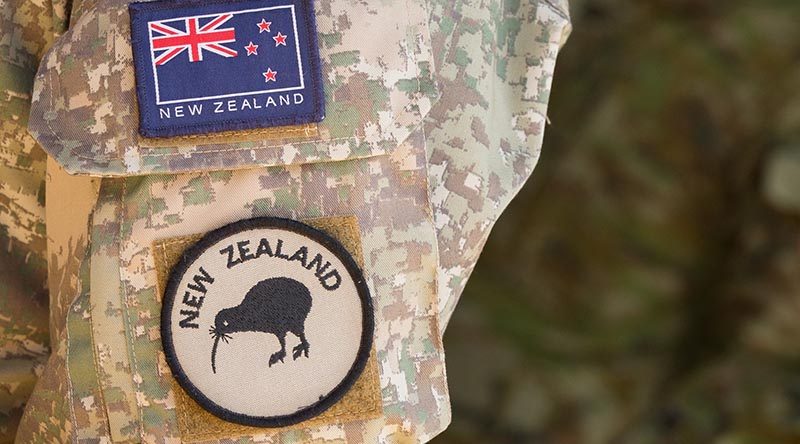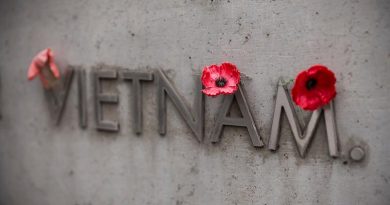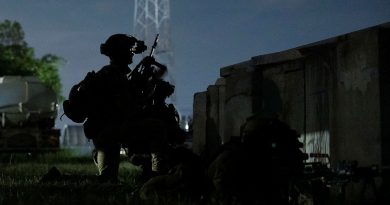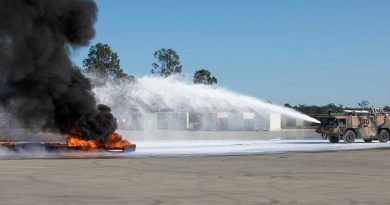Kiwis end Taji mission – home to quarantine

The New Zealand Defence Force’s contribution to train Iraqi Security Forces to combat ISIS is at an end and the first troops from the final contingent are home – in quarantine.
FILE PHOTO: By Corporal David Said.
Since December the NZDF has had 45 personnel in Camp Taji at the joint Building Partner Capacity mission with the Australians.
Commander Joint Forces New Zealand Rear Admiral Jim Gilmour said all of those 45 personnel had now left Camp Taji.
“Twenty-eight of the personnel arrived back in New Zealand last week and are in self-isolation at a facility within the Royal New Zealand Air Force base in Auckland following COVID-19 requirements,” Rear Admiral Gilmour said.
“The remainder returning shortly.”
NZDF’s deployment to Camp Taji began in 2015, following a New Zealand government decision to join the Coalition to Defeat ISIS.
Since then more than 47,000 Iraqi Security Forces personnel have been trained at Camp Taji by the joint Building Partner Capacity mission with the Australians.
Rear Admiral Gilmour said the NZDF withdrawal was occurring ahead of the mandated end of the mission in June, which was announced by the government last year.
“The reason for the return now is related to logistics,” he said.
“Now was the time we have been planning since before Christmas, but for security reasons we could not go into timing of the withdrawal of our forces from the base.”
“The troops are not withdrawing because of the COVID-19 situation, nor because of the wider security situation in the Middle East since the start of the year.”
Rear Admiral Gilmour said New Zealand’s forces had done an extremely good job since 2015 helping build the capacity of the Iraqi Security Forces to confront and defeat the threat posed by ISIS.
“We can be proud of all that our forces have accomplished.
“Obviously given the current COVID-19 situation their welcome home has not been what we would have wanted, with soldiers being greeted by their family and friends.
“However, the current situation, including the requirement to isolate, has meant that a proper welcome has not been possible.”
.
.
.
.
.
.

.
.





